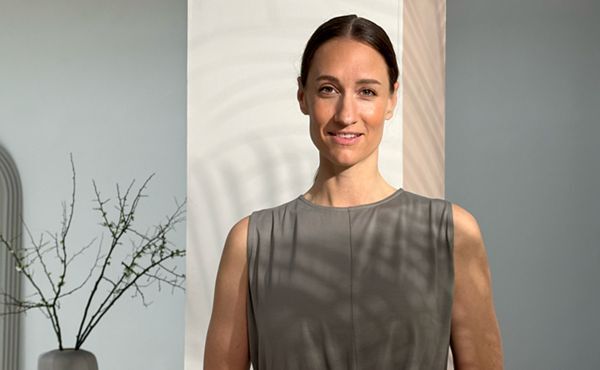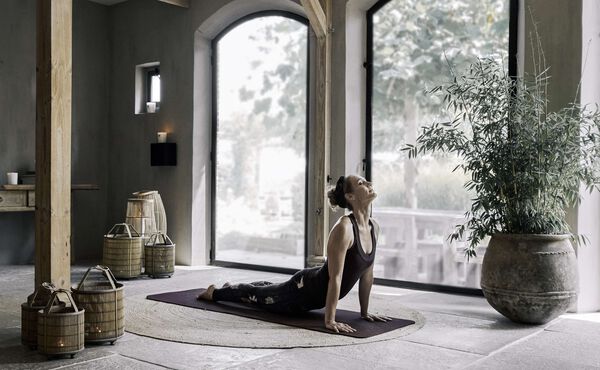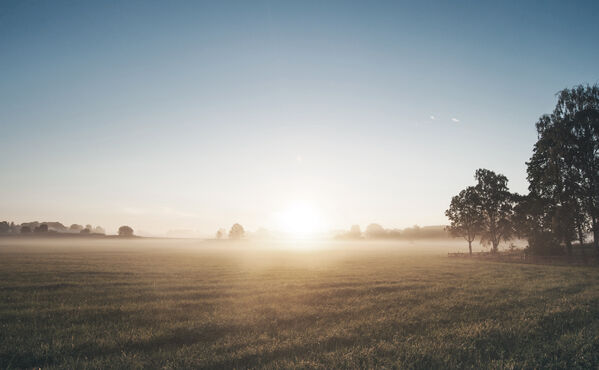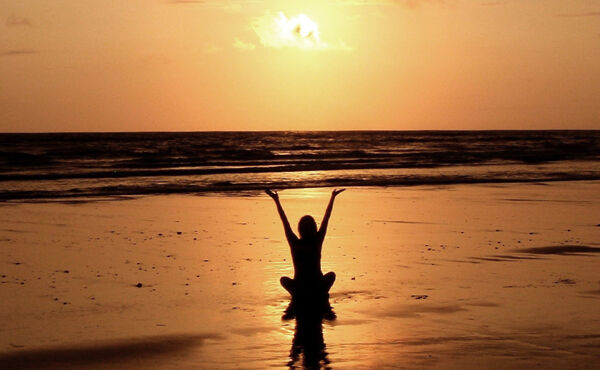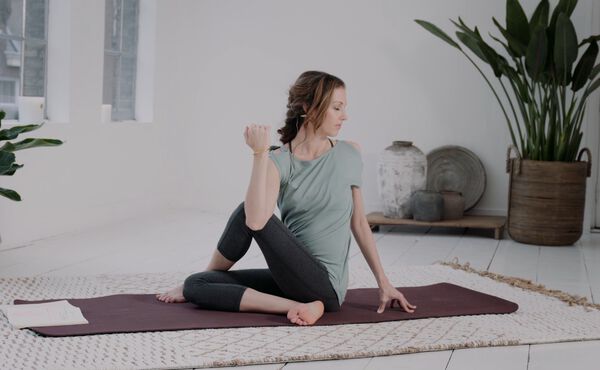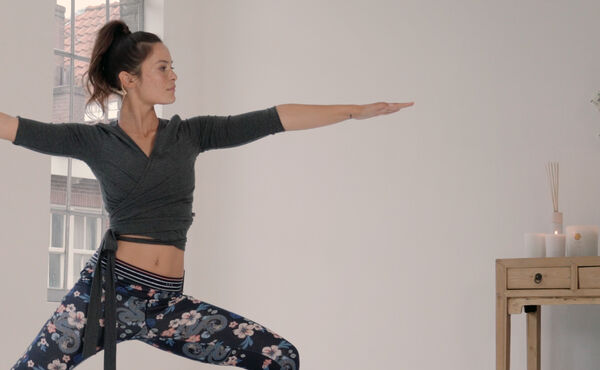Life can be defined as a series of transitions. Some transitions are larger than others, but ultimately (as we know and often resist) everything changes.
Many spiritual teachers say that periods of transition are great opportunities for growth — opportunities to practice letting go, detachment, self-honesty and awareness. We are called to reflect on what the transition period is asking of us and relate to it accordingly. We adjust ourselves to the change and try to find a healthy way to handle the shift.
Depending on the gravity and nature of the transition, it can be easy or greatly challenging for us to adjust. My teacher used to say that in times of great challenge and change, “You must flow like water. Learn to let go in order to flow with the situation.” Easier said than done, I know. Sometimes we feel frozen, stuck, heavy and resistant like a rock. Not fluid like water.
But everything improves with practice.
So, the question becomes: How do we practice and prepare ourselves for the big transitions in our lives?
Become aware of everyday transitions
One way, my teacher used to say, is by becoming aware of the small, easier, everyday transitions that we go through, and consciously adjust to them. This way we are constantly practicing how to transition, how to let go, how to adjust to shifts and changes in our lives.
For example, every morning, you transition from your sleeping life to your waking life. You transition from rest to activity. How do you meet this transition? Do you simply rush through it? Does this story sound familiar? Half-dazed, you roll out of bed, shower, throw on some clothes, chug coffee, grab your keys and head out the door. Maybe yes. Maybe no. But the point is to reflect on how much awareness you bring to the transition, itself, each day.
Another example is our transition from day to evening, from our active working lives to our softer time of rest in the evening. How do we mark this transition? What is the transition asking of us? Are we aware of this?
How yoga can help with transitioning
For me (and many others), yoga can be a great and powerful way to cultivate awareness through these times of transition, and an effective tool in understanding how we should relate to each transition differently. Depending on the change, it may ask for something completely different from us. But what do I mean by this? How can we apply this to our everyday lives?
I find that having steps is helpful. So, let’s start with three.
- First, you simply become aware of the transition
For example, you pause for a moment when you wake up and say, “I am transitioning from night to day.” - Second, you reflect on what the transition is asking of you.
Using the morning example again: “I am being asked to shift from rest to activity. I need to build dynamic and wakeful energy.” - And third, you do your yoga practice accordingly.
Perhaps the best practice for this morning (night to day) transition is to start gentle and slow (respecting your body and the time it takes to wake up) and build energy progressively so that by the end of your practice you feel energized and ready to go.
And we can do these same steps for other transitions throughout the day. Another powerful one being when we move from our working day back to our restful evening. How do we honour this transition with our practice? What type of practice is appropriate?
It is these questions that inspired us to curate two yoga practices for you that assist and help with daily transitions.
As we cultivate this awareness and start to mark transitions with activities like yoga, we are relating to change in a new and different way, with more consciousness, acceptance and respect.
Perhaps we are starting to cultivate the ability to flow like water…
.jpg?sw=1440&sh=445&sm=fit&cx=0&cy=390&cw=5184&ch=1602&sfrm=jpg)
